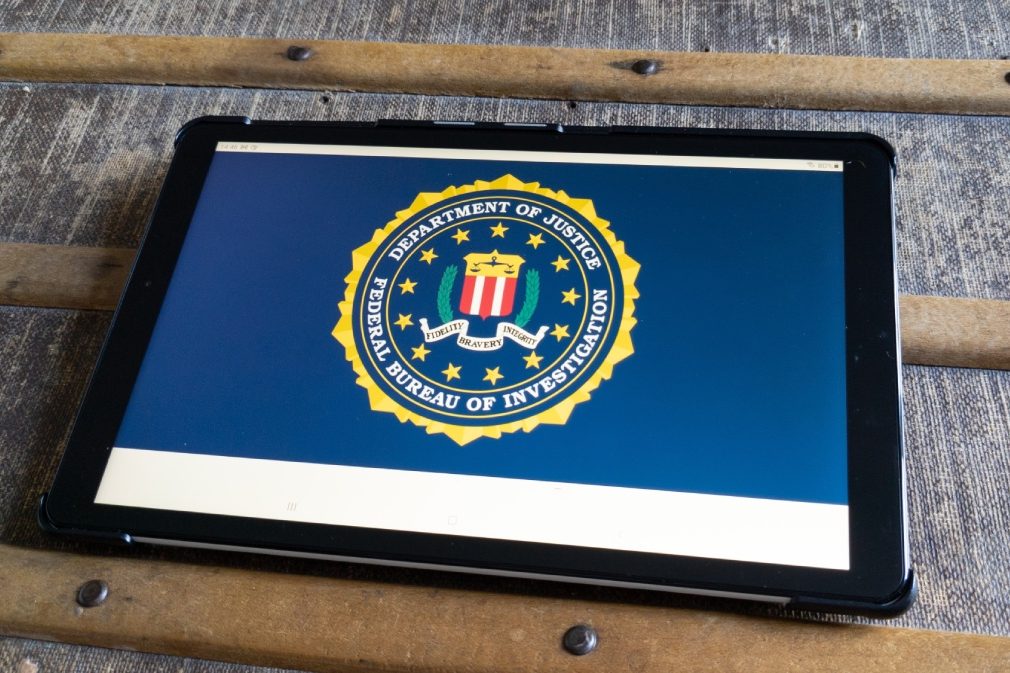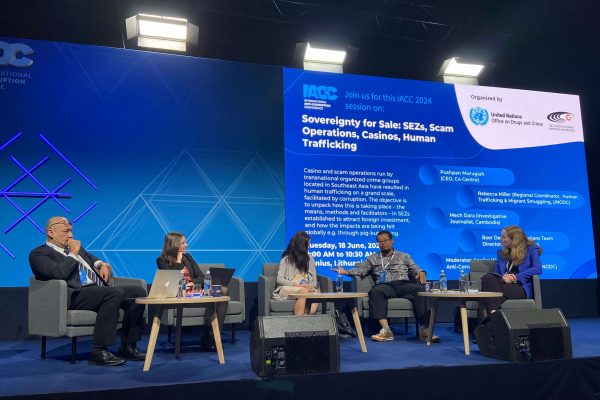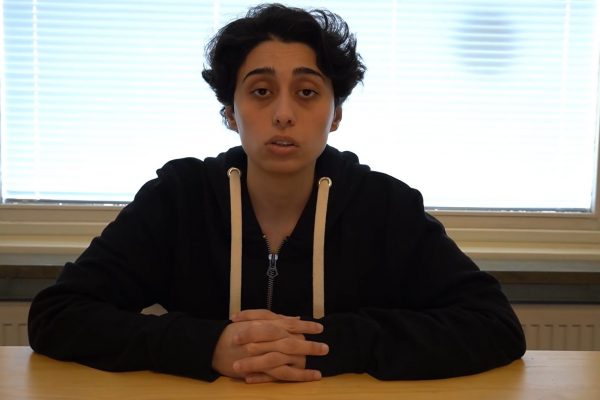Enablers of corruption and crime, or those influential individuals who act as facilitators of crimes, remain a challenge for law enforcement agencies and investigators worldwide, experts at the International Anti-Corruption Conference (IACC) in Vilnius said.
So who are these “enablers”? They are an “industry that helps corporate actors in financing, auditing and advising, where the involvement can extend not only to financial crimes but also to human rights violations,” said Chanez Mensous, Advocacy and Litigation Manager at Corruption at Sherpa, a France-based NGO that initiates legal action in international corruption cases.
The concept of enablers of crime is a broad one. Its impact extends beyond individuals themselves to cover those mechanisms that facilitate criminal activities, whether intentionally or not, experts said.
Identifying enablers is an important step in the process of securing justice and accountability, according to Steve Young, regional anti-corruption advisor at the U.S. Federal Bureau of Investigation (FBI).“We know who the problem players are but they are typically shielded from direct criminal activity. So identifying these enablers lets you work your way up the chain. A lot of times in these cases, the crimes are crimes of intent; which means it is a lot more difficult than putting together paper cases,” said Young.
The process involves identifying documentary evidence and records, such as financial documents. For Young, this is where enablers are most crucial to investigations. They are key to providing context to the process of information and evidence gathering.
But pursuing justice and accountability remains elusive, even in the most prominent of cases involving corruption.
Matthew Caruana Galizia, director of the Daphne Caruana Galizia Foundation, who formerly worked at the International Consortium of Investigative Journalists (ICIJ), said his family is still pursuing justice for his mother Daphne Caruana Galizia, a journalist who was assassinated in 2017 following her investigations into corruption in Malta.
“As a family, we realised there was not going to be justice. Neither for the corruption my mother was investigating, nor for the murder itself. Here we are almost seven years later, and the proceedings are ongoing. The proceedings for the corruption that was the motive for the murder haven’t even started yet,” said Caruana Galizia.
According to Caruana Galizia, one of the biggest challenges has been the collection of evidence. “Obtaining evidence is a massive, massive issue. When it comes to small countries like Malta that don’t have powerful law enforcement agencies like the FBI, that kind of work becomes extremely difficult. Especially when combined with problems like lack of resources, lack of know-how and so on,” said Caruana Galizia.
Another challenge is that of jurisdiction, and of encouraging support and resource-sharing with agencies in other countries.
“One of the challenges with enablers is the multi-jurisdictional, transnational nature [of the cases involving them]. One of the advantages with the US is that our reach is long. In the case of the FBI, we have relationships around the world. But it is a real challenge because all of us have to operate under certain legal constraints of our own and those of the countries that we are dealing with,” said Young.


